16 Reasons Why Your Breasts Are Itching, According to Doctors
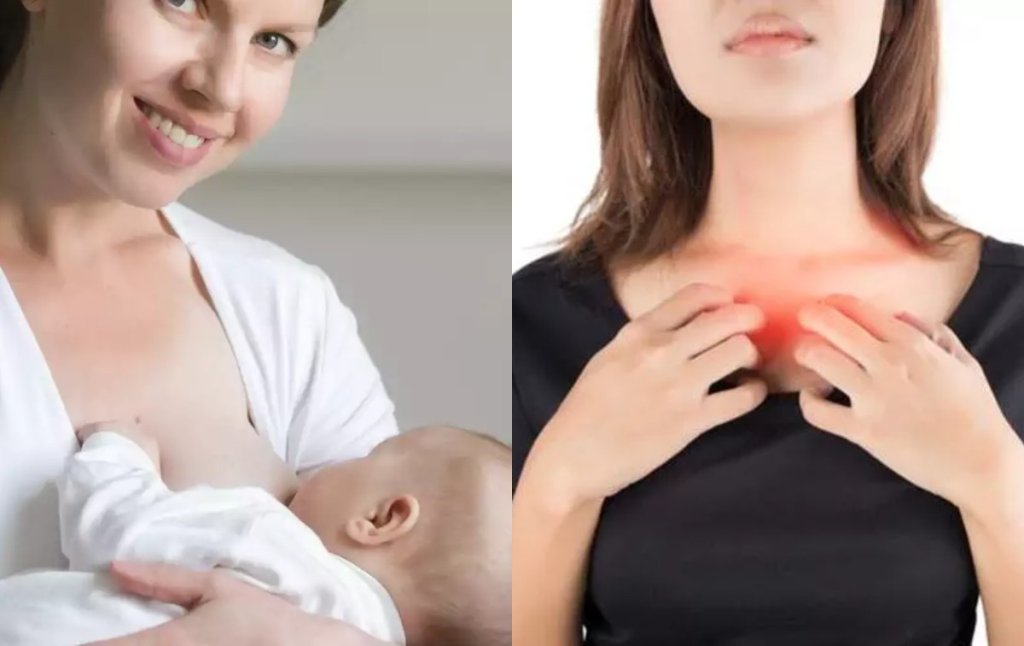
You’ve probably had an itch almost all over your body and scratched it without giving it much thought. But when it comes to itchy breasts, it sounds like an entirely different problem. Not only can it feel a little embarrassing, but it can also bring some worries with it. If you’re wondering why your breasts are itchy, the answer could be many things.
However, you can be sure that in many cases itchy breasts are completely normal. Itchy skin can affect any part of your body, and the skin on the chest is generally very sensitive. A range of conditions, from just dry skin to more significant signs of internal disease, can be a cause. Since the skin of the chest is always covered by tight clothing, tight underwire bras and sports bras, and also due to the body anatomy, it is always exposed to physical irritation by itself. There is too much skin-to-skin contact that causes moisture to be trapped, skin maceration and itching.
The list of things that can cause itchy breasts is surprisingly long, from common harmless triggers to more significant underlying health issues that warrant a visit to the doctor. We’ve explored the reason behind each of these reasons, so you’ll always know why your breasts are itchy…
16 Reasons Why Your Breasts Are Itching Compared to Doctors
1. Fabric Sensitivity
There are many different types of materials in the middle of your bras and tops that come into contact with your breasts, and your skin has the potential to dislike some of them. If you find that you are particularly sensitive to certain fabrics, whether it’s the fabric of your bra or the fabric of your sweater, you may need to avoid them. Synthetic fabrics, especially polyester and latex, are a common cause of itching, especially for those with sensitive skin.
2. Dry skin
One of the most common causes of itchy breasts is easy: dry skin. Dry skin causes a breakdown in the natural skin barrier, causing a loss of moisture from the inside and further exposing the skin to allergens and inflammation from the outside. Once the inflammation starts, it becomes more proinflammatory leading to the release of proinflammatory cytokines from within the cells that cause itching. Fortunately, the analysis is easy: Repairing the natural skin barrier with quality, emollient skin creams can help.
3. Dermatitis
This skin condition can be caused by an allergic reaction or exposure to certain irritants, which can cause the skin to become red, sore and swollen. There are various types of dermatitis, and they all have different causes. These are the most common:
- Seborrheic Dermatitis:“A common and recurrent condition that presents as red and scaly, often found in areas with a high concentration of sebaceous glands, such as the scalp, nasolabial folds, nose, and eyebrows. Although not very common, it can sometimes occur in the chest area.
- Atopic Dermatitis: Atopic dermatitis, also known as atopic dermatitis, is a chronic inflammatory skin condition that causes itching and red plaques. It most commonly occurs in children, most commonly found in flexion areas such as the wrists, elbows, and knees. It can also be a common cause of itchy nipples.
- Contact Dermatitis: Contact dermatitis refers to any dermatitis that occurs when the area comes into direct contact with a subject. There are two types of contact dermatitis. These are of allergic and irritant origin. Allergic dermatitis occurs when the skin is exposed to something, which triggers an immune reaction. Irritant contact dermatitis occurs when the skin is exposed to an agent that causes physical, mechanical, or chemical irritation of the skin.
4. Fungal infection
Yes, yeast infections are not limited to the vaginal area; Yeast infections can also be a cause for itchy breasts. Maya likes to live in places with folds and a little dark and damp. So, there is an area under the breast where females sometimes get yeast infections that can definitely cause itching. It can cause redness and sometimes a whitish discharge under the breasts. Pretty common. Often all you need to treat a yeast infection in the chest area is an over-the-counter topical antifungal, but see a doctor for a formal diagnosis and treatment.
5. Laundry Detergent, Soap and/or Shower Gel
Sensitive skin, such as the skin on the breasts, is very sensitive to fragrances and other allergens often found in scented detergents and soaps. So try to find hypoallergenic products with no added fragrances and no soap, which strip the skin of its natural oils and further dry the skin and make it itchy.
6. Friction
Anyone who has ever owned a sports bra knows that chafing during a workout can cause the itching and irritation it can cause. Especially when talking about sports bras, try to find bras that fit you well. Make sure they’re comfortable – not too tight, but comfortably tight – so there isn’t too much movement. This also prevents some of the friction you get with other types of bras.
7. Rash
If you’re feeling an itch during a heatwave or even after a workout, you’re not alone. Wearing breathable fabrics is one of the best ways to prevent this. Physicians will recommend a low potency steroid or antihistamine to help soothe the irritation.
8. Pregnancy
Hormonal fluctuations during pregnancy can cause itching. Stretching of the skin can also cause itching when breasts begin to enlarge during pregnancy. Other pregnancy-related conditions such as pemphigoid gestationis, polymorphic rash of pregnancy, atopic rash of pregnancy, and pustular psoriasis of pregnancy can also cause redness and itching.
9. Sunburn
Just like other areas of the skin, sunburn can cause a great deal of itching.
10. Some Medicines
An allergic reaction to any oral medication or food can cause itchy skin and therefore itchy breasts.
11. Breastfeeding
Breastfeeding can cause the skin of the nipple to break apart, crack and become irritated. Sometimes an infection, such as a yeast infection, can occur. All of these can cause your nipples to itch.
12. Hypothyroidism
Certain metabolic imbalances, such as hypothyroidism, lead to dry skin all over the body. However, in skin folds where moisture is trapped by sweat due to skin-to-skin contact, such as under the breasts, intertrigo may occur more often than dry skin, this is inflammation. Since hypothyroidism also causes skin microbiome imbalance, it can lead to secondary yeast overgrowth in these areas, causing further skin irritation and deterioration.
13. Dirty Clothes
Not washing your bra a few times may seem harmless, but it can definitely cause itching. Make sure your bras are clean and use unscented detergents and soaps. Change your clothing as needed while sweating to avoid additional irritation and possible bacterial or fungal growth.
14. Psoriasis
While not common, you can get psoriasis on the breasts, which is a common condition that should be treated by a shura-approved dermatologist. Typically, topical steroid creams are the first thing used to treat both eczema and psoriasis. But there are other oral medications that can be given if you know it’s more important.
15. Breast cancer
Some varieties can cause itching. Inflammatory breast cancer is a rare and aggressive form of breast cancer. It usually presents with skin changes that may resemble the peel of an orange. Women typically report pain, a rapidly growing breast lump, and itchy breasts.
16. Paget’s Disease
Although rare, Paget’s breast disease is a type of cancer that can occur in both men and women. Breast Paget’s disease is a symptom of underlying breast cancer (usually a lump located under the skin) that often presents as eczema-like on the nipple and then spreads to the areola. It usually starts asymptomatically, but can turn into itching or burning sensation on the skin.
Multiple itchy breasts are nothing to worry about; they are just a nuisance. However, it’s never worth the risk when your betting is healthy. If nothing in your routine has changed (including soaps, detergents, clothing, diet, and medications) and itching is a new symptom for you, it’s time to see a doctor for evaluation.
- On-Site Comments


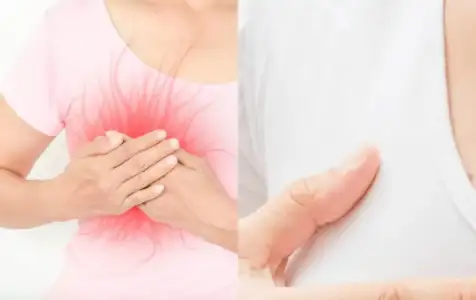

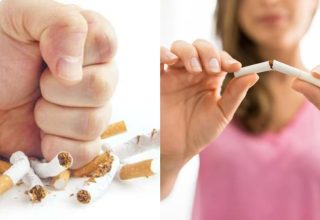
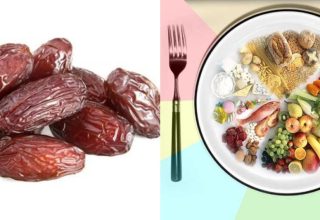

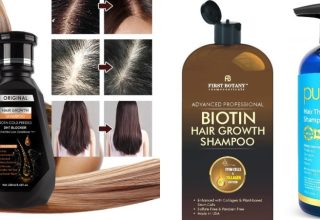
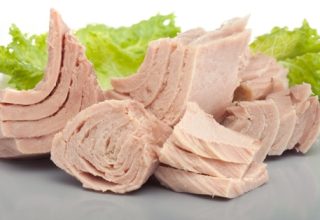





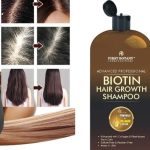
Comment